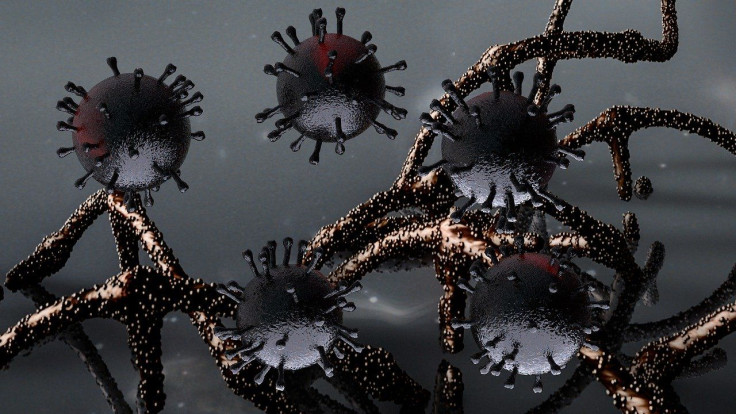It’s In The Genes? Scientists Think Coronavirus Exploits ‘Silent Hidden Mutations’ In The Body

KEY POINTS
- Scientists are thinking that coronavirus may be exploiting the body's "silent mutations"
- They are now looking at mutations that possibly impact the immune response of the individual
- Health experts hope that this could help in finding new treatments against the deadly virus
Health experts have been baffled as to why there are people infected with COVID-19 and yet barely feel the infection while others suffer life-threatening symptoms even if healthy and young. Scientists are looking for answers in the genes of patients, trying to discover mutations that affect the immune response, hoping that it could help in coming up with new treatments.
Profile Of A Severe Case
During the early days of the pandemic, a general profile of a severe case of coronavirus infection started to emerge. They are older adults with pre-existing medical conditions and are likely to be male. As the virus continued to infect more people, a small fraction started to deviate from the general profile.
Health experts are starting to see around 5% of those infected are under the age of 50 and do not have any underlying health conditions. These are the group of patients that interest Dr. Jean-Laurent Casanova, a geneticist and head of the St. Giles Laboratory of Human Genetics of Infectious Diseases.
Dr. Casanova told the AFP it is possible for someone who joined a marathon in October 2019 to find himself in intensive care, ventilated and intubated in April 2020. He revealed his desire to know if these types of patients have rare genetic mutations that have been triggered by the coronavirus infection. “The assumption is that these patients have genetic variations that are silent until the virus is encountered,” the doctor said.
A Huge Global Effort
The geneticist co-founded the COVID Human Genetics Effort, a collaborative work that seeks to know more about the genome of severely-ill young patients in several countries worldwide. These include patients in Europe, Japan, Iran, China, and the United States.
Dr. Casanova’s group is also studying those who did not get infected despite being exposed many times. He said their main goal is to know why some are sicker than others, a knowledge that the geneticist said might help them in their quest to develop anti-viral therapies.
Gene Mutations Have A Long History
Scientists have long known that gene mutations can make people more susceptible to an array of infectious diseases, ranging from influenza to viral encephalitis. These gene mutations can also offer protection sometimes.
In the 1990s, a group of researchers found out that some rare mutations of a single gene successfully protected people against HIV infection. This discovery led to a better understanding of how the virus worked and eventually paved the way for scientists to develop new treatments.
© Copyright IBTimes 2025. All rights reserved.





















